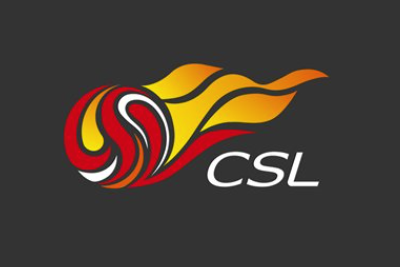 There was a time, a brief moment in truth, when the Chinese Super League was bemoaned as the death of democratic world football.
There was a time, a brief moment in truth, when the Chinese Super League was bemoaned as the death of democratic world football.
State funded to some extent, China’s top division was set to attract all of the world’s best talent in the 2010s and create a monopoly of the beautiful game – so the doom-mongers would have you believe.
And then, well, nothing actually happened.
Fast forward to 2023 and the same thing is happening again, this time in Saudi Arabia. Cristiano Ronaldo’s move to Al-Nassr seems to have to have opened the floodgates for more of Europe’s top stars to cash in on a switch to the Middle East.
World Cup winners Karim Benzema and N’Golo Kante are just two that have signed on the dotted line, while Chelsea duo Edouard Mendy and Kalidou Koulibaly are also heading to the Saudi Pro League.
Some, including Jose Mourinho and Jamie Vardy, have rejected the chance to cash in, but other big names are expected to follow the money in the next couple of transfer windows.
The reason that the players are deciding to swap Europe’s top leagues for the unknown pastures of Saudi Arabia is obvious – as it was when the Chinese Super League was all the rage less than a decade ago.
But interest in football in China soon waned and the Super League effectively collapsed in on itself – confirmation, perhaps, that a blank cheque still isn’t enough to buy the sport’s soul.
The Good Times
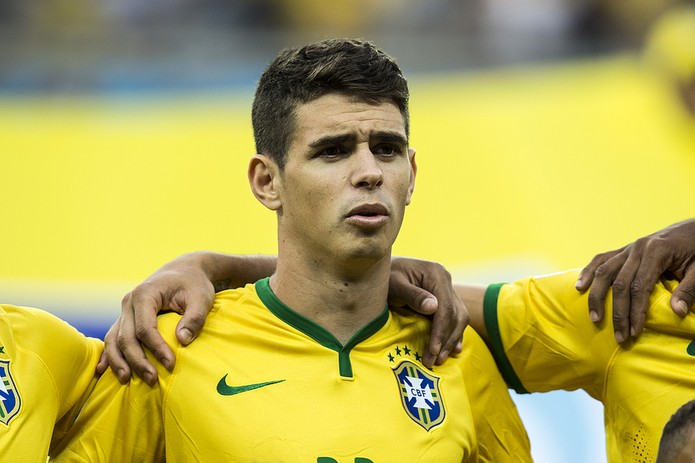
When former Chelsea ace Oscar signed for Shanghai SIPG back in 2016, the half-smile he showcased when doing the usual unveiling with the club shirt was one of a man who was still internally questioning his decision.
The Brazilian was just 25 when he swapped London for China’s biggest city, with that £52 million deal confirmation that the Chinese Super League wasn’t just playing around – this was a young player in his prime years that had been convinced to leave football’s traditional journey of playing in one of Europe’s top five leagues behind.
The likes of Hulk and Ramires had already headed east, but neither really sent shockwaves through the footballing world – the former, undoubtedly talented, was a maverick who decided to play his club football in Russia rather than test himself at the highest level, while the latter was past his peak and finding the physicality of English football too much to bear.
But Oscar, who was initially paid around £300,000 per week to join Shanghai, was different – he was supposed to be a flag-bearer for more big name stars to follow suit. Surely he shared the same mindset as many of his peers:
“China has incredible financial power and sometimes makes offers that players can’t refuse,” he said.
“When I made the decision to come here, I was thinking more of my family than of my career.”
It has been suggested, forcefully, that Shanghai SIPG didn’t really want Oscar, and that his transfer was sanctioned and part paid-for by the government of Shanghai, who wanted to boost tourism to what is the third largest city in the world. And it worked, kind of, with attendances at the club’s games climbing to nearly 32,000 – it has since sunk to well below 20,000, on average.
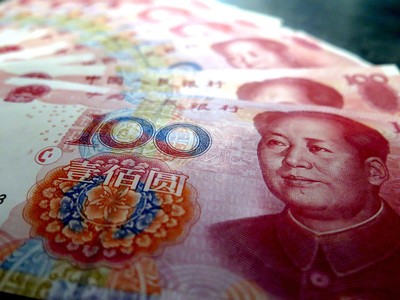 Mousa Dembele, Marouane Fellaini and Carlos Tevez – earning a reported £615,000 per week (or £1 per second) – were also tempted to Asia, but these were players closer to retirement than their peak years. Others, ageing former stars or little-known South Americans, joined them. However, the level of interest in Chinese football did not increase as planned.
Mousa Dembele, Marouane Fellaini and Carlos Tevez – earning a reported £615,000 per week (or £1 per second) – were also tempted to Asia, but these were players closer to retirement than their peak years. Others, ageing former stars or little-known South Americans, joined them. However, the level of interest in Chinese football did not increase as planned.
Amid such unsustainable spending, and fears that the quality of the national team would suffer following an influx of foreigners, the Chinese FA (CFA) announced new rules to limit the number of international players that each club could have.
And their domestic league imploded….
Three is the Magic Number
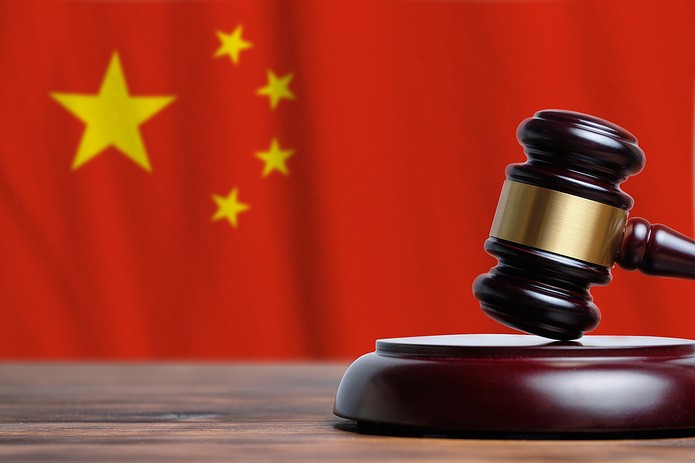
As of 2017, only three foreign stars could be fielded per game, meaning that some clubs had some rather expensive investments left twiddling their thumbs in the stands. It also meant that a number of Chinese veterans and youngsters were forced back into action – lowering the quality of play in the division.
Another ingenious ploy from the CFA saw clubs have to pay a tax on overseas players costing more than £5 million – unsurprisingly, the appetite for spending big on foreign talent started to wane; a rare example of a football association reversing the runaway commercial train that is the modern game. It’s hard to imagine the English FA trying to implement similar pro-competitiveness rules in the Premier League, for example.
There was another problem. With the popularity of football in China not expanding as hoped, local clubs were locked into paying astronomical sums for their international aces – with investors losing interest in the sport very quickly, there was an almighty financial black hole to overcome.
And then the health emergency came along and, well, you know the rest of that sorry tale.
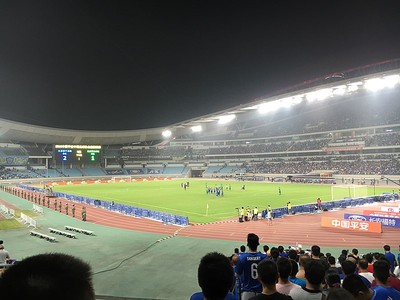
Today, reports suggest that players are going unpaid and even have to wash their own kit, while back in 2021 Jiangsu Suning – the defending champions of the Chinese Super League – folded after their parent company withdrew their investment. Chongqing Athletic went insolvent a year later….this was the equivalent of Manchester City and Crystal Palace going out of business.
These are the scenarios that face the Saudi Pro League during its era of expansion. Their clubs have the money to attract big name players, with the mega-rich Public Investment Fund thought to have an ownership stake in at least four of them.
But stadiums and facilities need to be upgraded, infrastructure has to be improved and local people – traditionally conservative – have to be convinced that football is a sport that they might enjoy in great numbers.
As the Chinese Super League found to its cost, you can buy pretty much anything in football but history and heritage.